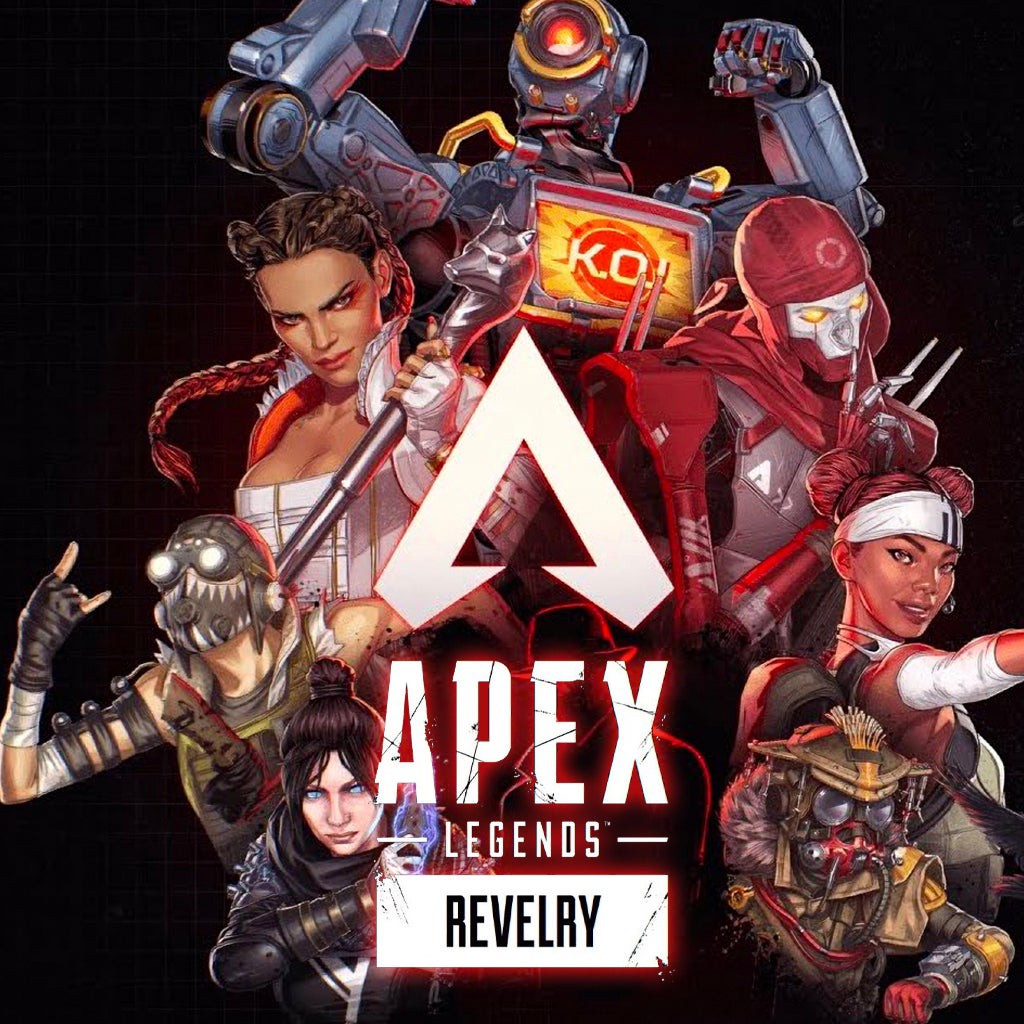The Ultimate Legend Guide: Choosing the Right Character for Your Playstyle
In Apex Legends, the vast roster of unique characters—known as Legends—provides players with an impressive array of tactical options, each designed to complement various styles of play. Understanding the role of each Legend is the foundation of creating a successful team composition and developing personal playstyle mastery. There are four broad categories Legends fall into: Offensive, Defensive, Recon, and Support. Offensive Legends like Wraith, Horizon, and Revenant excel at initiating fights and applying pressure; they typically possess mobility or aggressive disruption tools that can rapidly change the dynamics of an engagement. Defensive Legends such as Gibraltar, Newcastle, and Rampart are meant to hold down areas, provide cover, or fortify locations, often serving as anchors for the team during drawn-out fights. Recon Legends—Crypto, Bloodhound, Seer, and Vantage—offer powerful information-gathering tools that give teams a strategic edge in knowing enemy positions, movements, and intentions. Support Legends like Lifeline and Loba keep the squad sustained, replenished, and able to recover from attrition. New players often gravitate toward flashy or popular Legends, but understanding the underlying tactical value each Legend brings to a squad allows for smarter decision-making and better synergy, particularly in ranked or coordinated team play. Building a team with a mix of movement, healing, scanning, and zoning potential can give players a serious edge over hastily chosen trios that lack strategic cohesion.

Choosing the right Legend should start with self-awareness of how you prefer to engage with Apex Legends' gameplay loop. Are you someone who thrives in chaotic close-range fights and likes to outmaneuver enemies? Then mobility-focused characters like Octane, Pathfinder, or Valkyrie may suit your needs. These Legends allow for fast repositioning and can be very forgiving for solo players trying to flank or escape. For players who are more analytical and strategic, Recon Legends like Seer or Crypto provide the tools to control engagements before they even begin—scanning enemies, denying ambushes, and tracking rotations are vital in competitive matches. Players who enjoy a more supportive role and tend to stick close to teammates will find Lifeline or Loba rewarding, as they can clutch fights with revives, healing, or superior looting capabilities. Those who like holding ground and being the backbone of a fight may prefer Gibraltar, whose Dome of Protection and Defensive Bombardment can turn the tide of a push or provide safe zones during crucial heals and resurrections. Every Legend has a unique tempo, and experimenting in the Firing Range or casual matches can help players discover which ability cadence matches their personal rhythm. Apex’s Legends aren’t just avatars with special powers; they are tailored philosophies of engagement, each emphasizing a certain style of conflict resolution—rushing, surviving, analyzing, or sustaining.

 100
Play
100
Play
Beyond individual preferences, players should also consider the meta and game mode when selecting a Legend. In Ranked, where survival and placement matter more than eliminations, defensive and recon Legends gain significant value. Characters like Wattson, Caustic, and Catalyst can control key buildings in late-game zones, giving their teams an advantage as the ring closes. Meanwhile, scan Legends like Bloodhound and Seer help prevent third-party ambushes and maintain information dominance, especially in higher ranks where situational awareness is paramount. In casual or limited-time modes (LTMs), mobility Legends often shine since fights are frequent and the stakes are lower, allowing for bolder plays and more experimental tactics. Additionally, meta shifts occur frequently with balance updates and map rotations. For example, on Storm Point—a map with vast elevation differences—Legends like Valkyrie and Horizon become near-essential for traversing terrain, while on smaller, tighter maps like Broken Moon or Olympus, zone controllers like Caustic or Wattson may rise in popularity. Successful players adapt their Legend selection not only to their playstyle but also to the context of the match: map, squad composition, opponent habits, and patch updates. Ultimately, the best Legend isn’t necessarily the most powerful one on paper, but the one that amplifies your personal strengths while covering your team's strategic gaps. Mastering this selection process means understanding not just who you are as a player, but who your teammates are and what the match demands.


